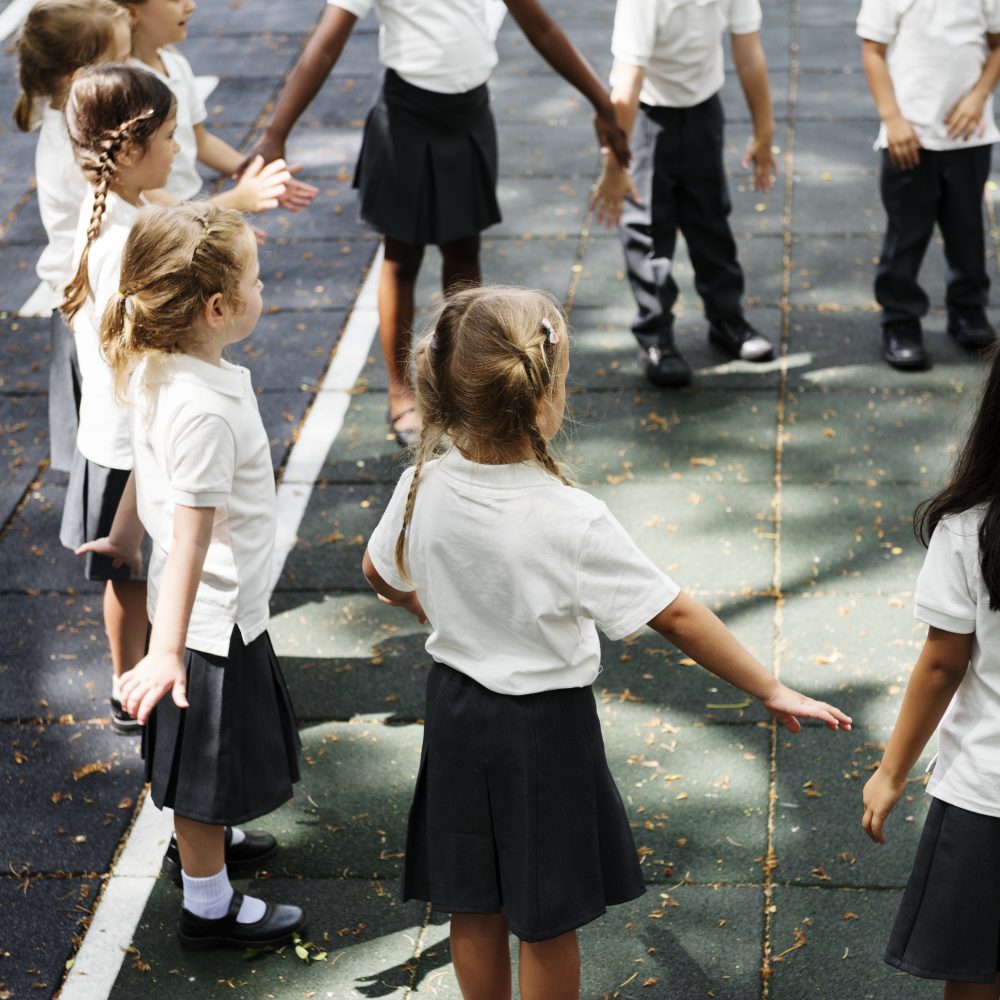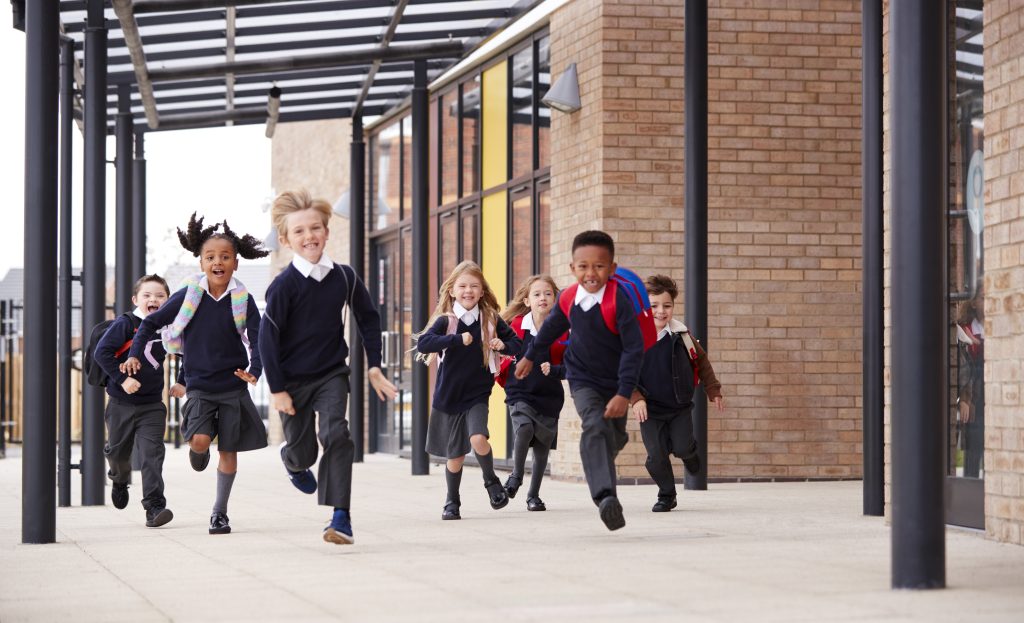The Timpson programme was a five-year research programme funded by the Alex Timpson Trust, which evaluated the impact of ‘whole school’ attachment and trauma awareness training on experiences and perceived outcomes for vulnerable young people.
The programme ran between 2017 and 2022 involving 305 primary, secondary and special schools across 26 local authority areas in England.
The training offer was decided locally by Virtual School Heads.
As part of the evaluation, we gathered the following data from schools:
- online survey responses from over 7000 members of staff in schools including teachers, admin staff, teaching assistants, caretakers and kitchen staff.
- an online survey of 112 headteachers.
- interviews with with 214 school staff and 33 pupil focus groups across 39 case study schools.







